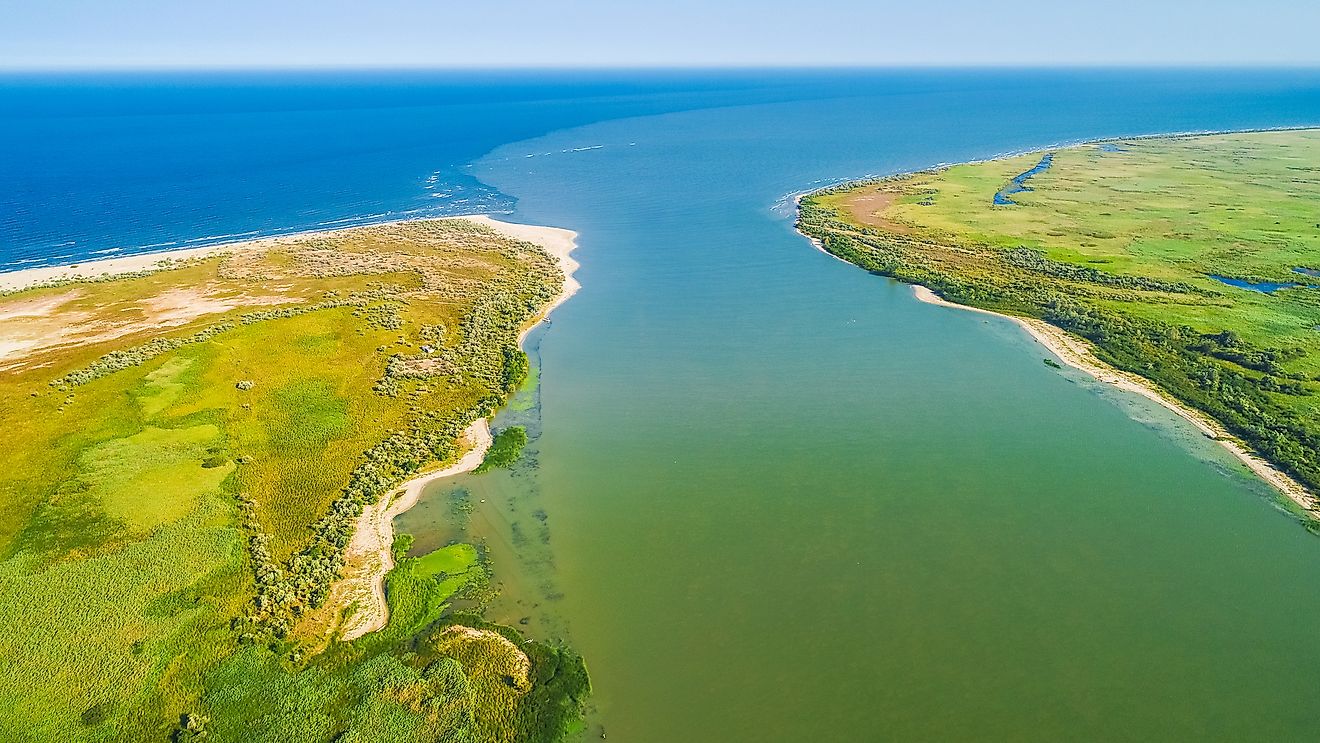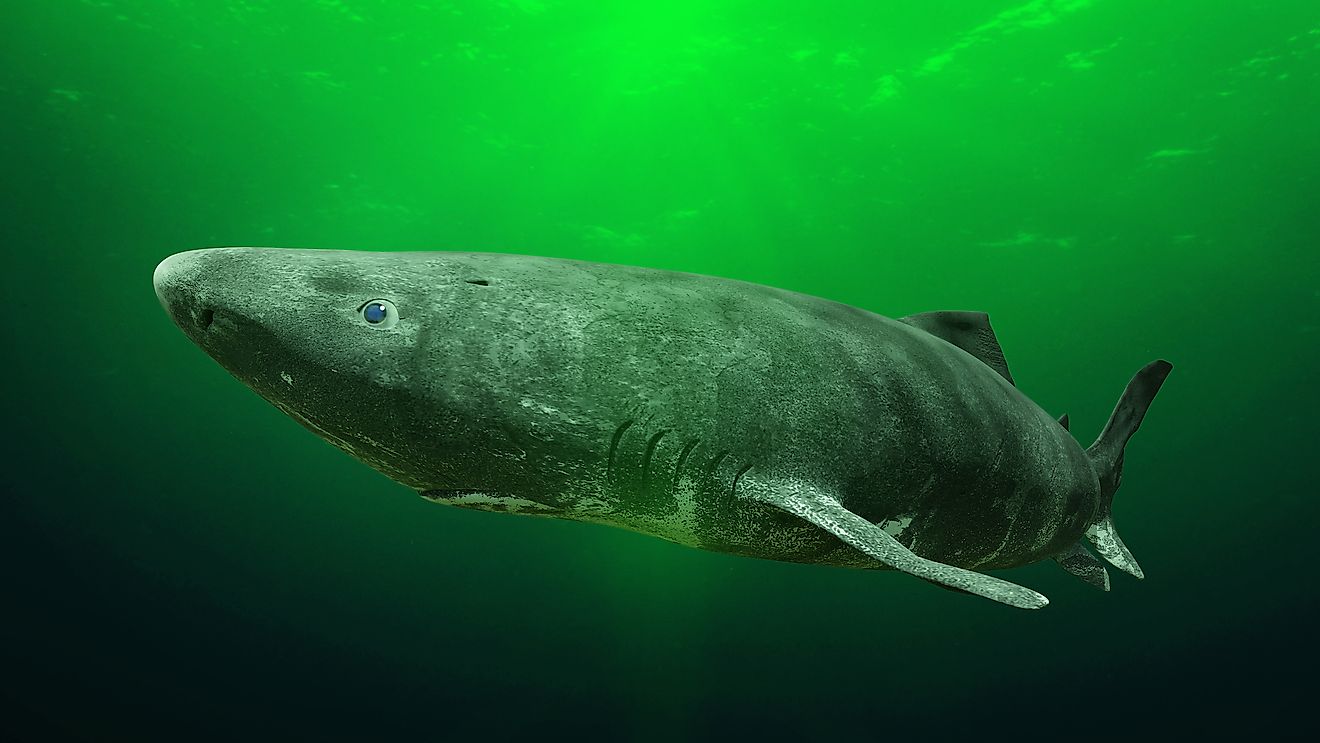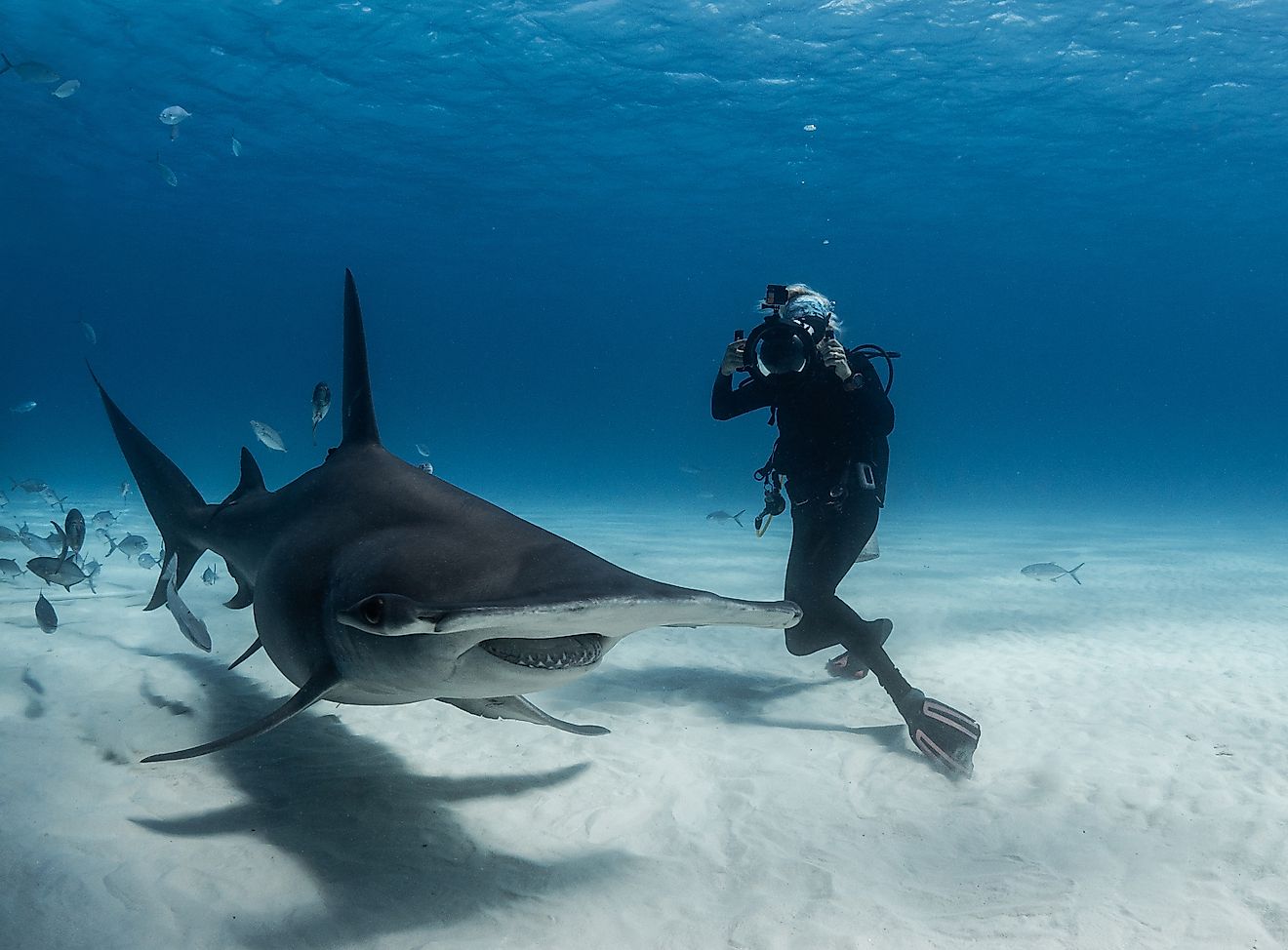What Is Geocaching?

Geocaching is an outdoor recreational activity that combines technology and nature. It is considered a modern form of treasure hunting as it uses GPS coordinates to track hidden caches. Geocaching has developed into a hobby for many people who hide caches then upload their co-ordinates for other geocachers to find. The activity is recognized by more than 200 countries with geocaches located in these areas. Geocaching involves burying caches with items inside. The caches vary in size with some being as large as a truck.
History Of Geocaching
Geocaching began in 2000 after the accuracy and efficiency of the GPS technology was improved. Geocaching started as a test by an American, Dave Ulmer on the accuracy of GPS by hiding a navigational target in the woods and noting the GPS coordinate units. Dave shared the coordinates of his ‘stash’ online after which several readers tracked it with their GPS receivers and shared their experiences online. The activity developed primarily due to the excitement of hiding and finding items which was compared to a treasure hunt. Geocaching has now developed into a group, individual, and family activity where people ‘bury’ caches in areas important to them, and share their activities online. The game requires that one leaves some items in the cache box (often waterproof) and the condition for taking other items is that they should be replaced. The most common item in a cache includes a logbook, pencil, coins, photographs, and other objects essential to the geocachers. The online sites for uploading GPS coordinates of caches require the details of the cache, its physical description, and contents before the coordinates are published online.
Geocaching And The Environment
Geocaching is an activity which allows the participants to closely interact with nature and the environment. Some geocachers couple up their hiking activities with treasure hunting making it an exciting activity. Through their interaction with the environment, geocachers are encouraged to conserve the environment by cleaning up trash from the environment. Some of the negative effects geocaching have on the environment include trampling of vegetation during such hunts leading to damage of vegetation. In a severe case, some vegetation cover is lost exposing the soil to erosion especially in slopy areas. Most of the parks where geocaching prefer have put up measures and rules regulating the placement of caches and movement of geocachers to reduce the environmental impacts that would take place if the activity were unregulated.
Importance Of Geocaching
Geocaching has been known to improve the navigation skills of the participants and has therefore been used with boy scouts to equip them with such skills. Geocaching promotes the appreciation for the interactions between human activities and the natural environment. Geocachers engage in the activity as a form of challenge which is individually fulfilling to them while others find it as a way to enjoy other outdoor activities such as hiking, exercise, and research.
Developments In Geocaching
There are several issues that have developed from the sport including the creation of geocaching bodies responsible for the activity, environmental protection, and land management policies in areas that allow or consider allowing geocaching. Geocaching has been used as a social bonding activity for families and members of an organization.











